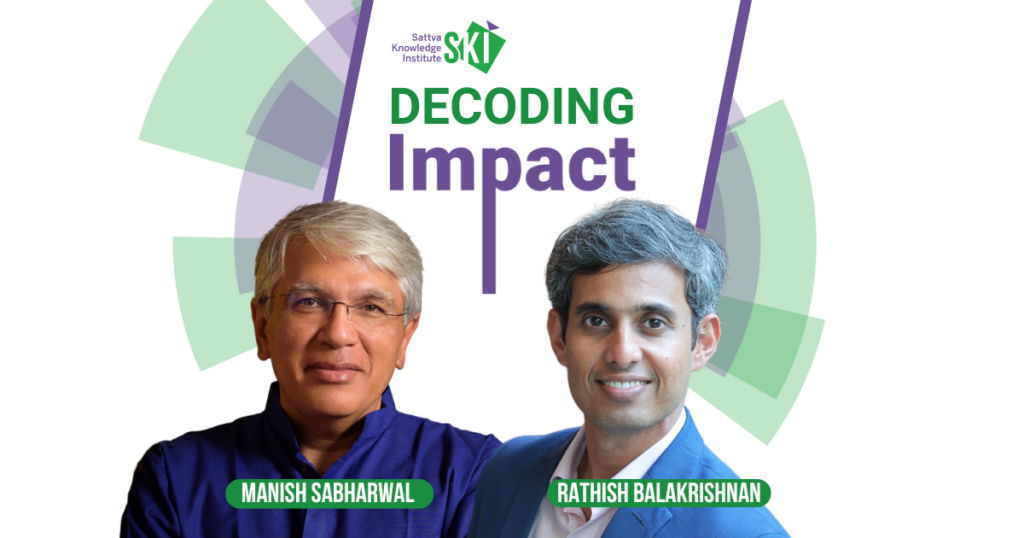The initiation of this adoption by civil society and farmer movements has been strongly coupled with government efforts to promote organic farming across India. Moreover, factors like increasing formalisation of organic production standards, lowering price differential between inorganic and organic produce, and increasing health awareness post-COVID present opportunities to adopt organic farming at scale across India. However, the scaling up is not easy. Organic production faces significant competition from conventional farming and its current adoption is very limited. Certification processes for organic products are confusing, and the infrastructure to establish proper market access for organic produce is inadequate. This also leads to restrained consumption and demand for organic agricultural products. Small and marginal farmers of India, constituting the majority of our farmer population, struggle to find scalable models for organic farming.
This perspective discusses how organic farming can be mainstreamed across India based on interventions across three levers. These levers are centred on three major aspects. The first lever is the implementation of a judicious policy at all stages of the organic production cycle so that organic production becomes more remunerative and attractive for farmers in the medium to long term, while also accounting and risk managing for the short-term disruptions that the transition would create. The second lever is strengthening the scale through robust and accessible infrastructure for farmers at all stages of the value chain, especially because organic produce faces stiff competition from inorganic produce across market channels. Finally, the shift would necessitate building a system of trust across all
stakeholders, especially farmers and consumers, which will be driven by boosting knowledge and awareness of organically manufactured products and their long-term benefits at all levels.
Philanthropy has a major role to play here, by creating an ecosystem fueled by evidence and data-driven narratives for the feasibility of organic practices at the farm level. This can be further strengthened by developing a strong infrastructure through multi-stakeholder collaborations that focus extensively on training smallholder farmers by utilising digital infrastructure, and bolstering overall market trust for organic produce.
Authors: Ayushi Baloni and Ashutosh Chaudhary, with support from Arnab Mukherjee and Shreyanka Chandel.
Technical review: Debaranjan Pujahari




